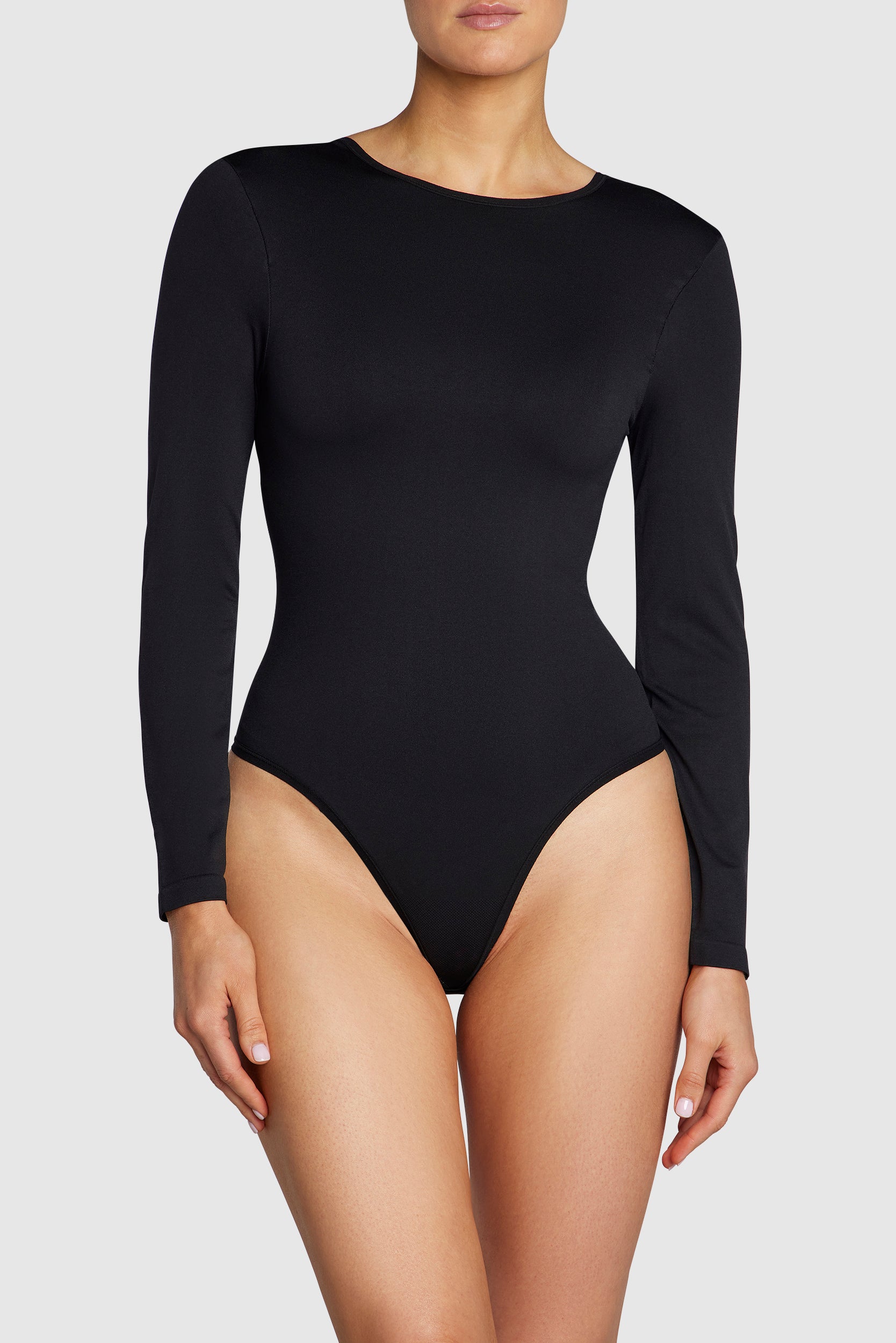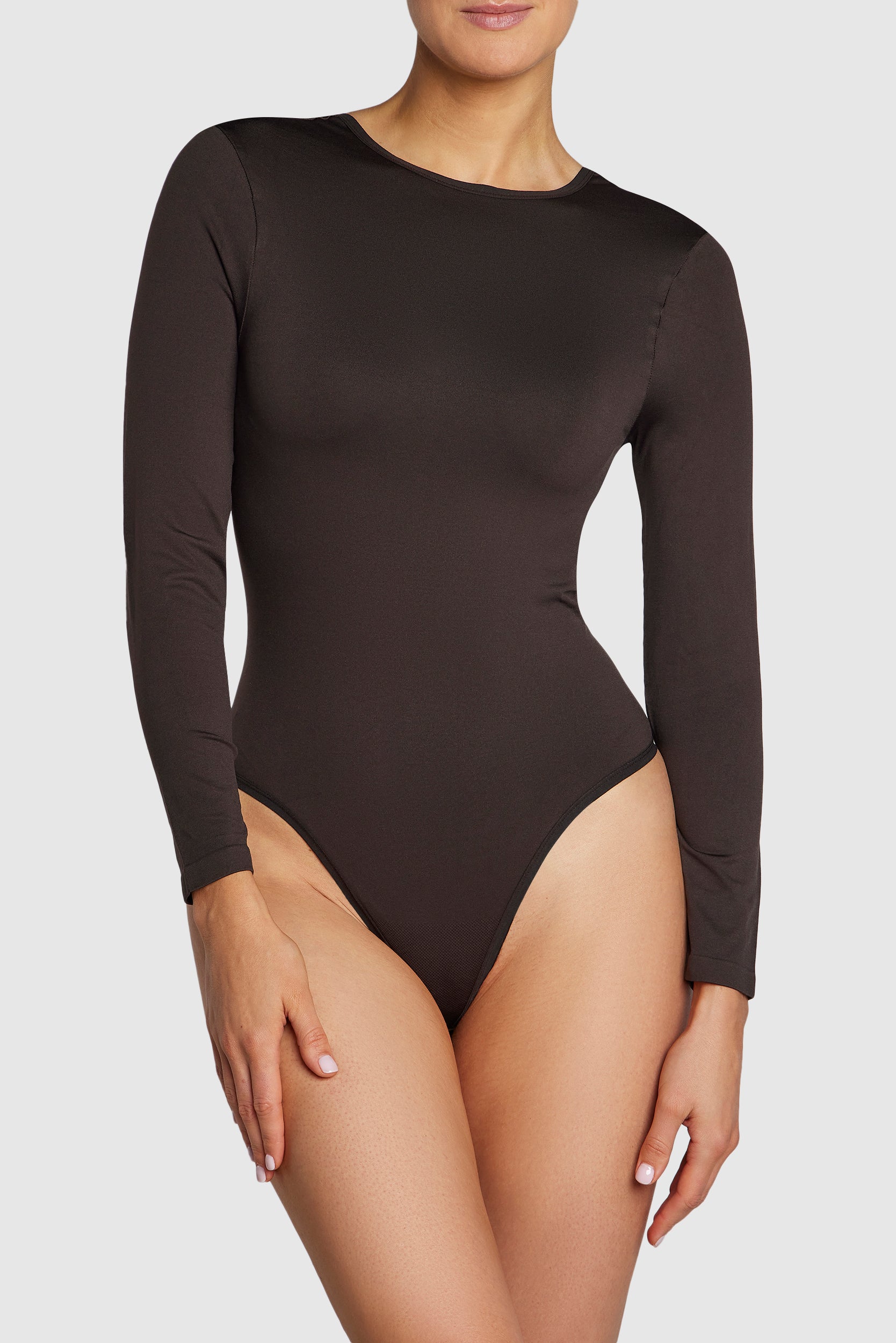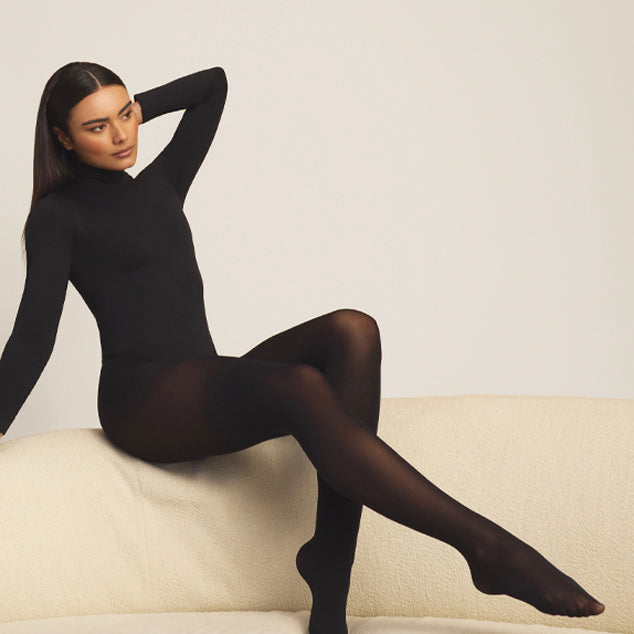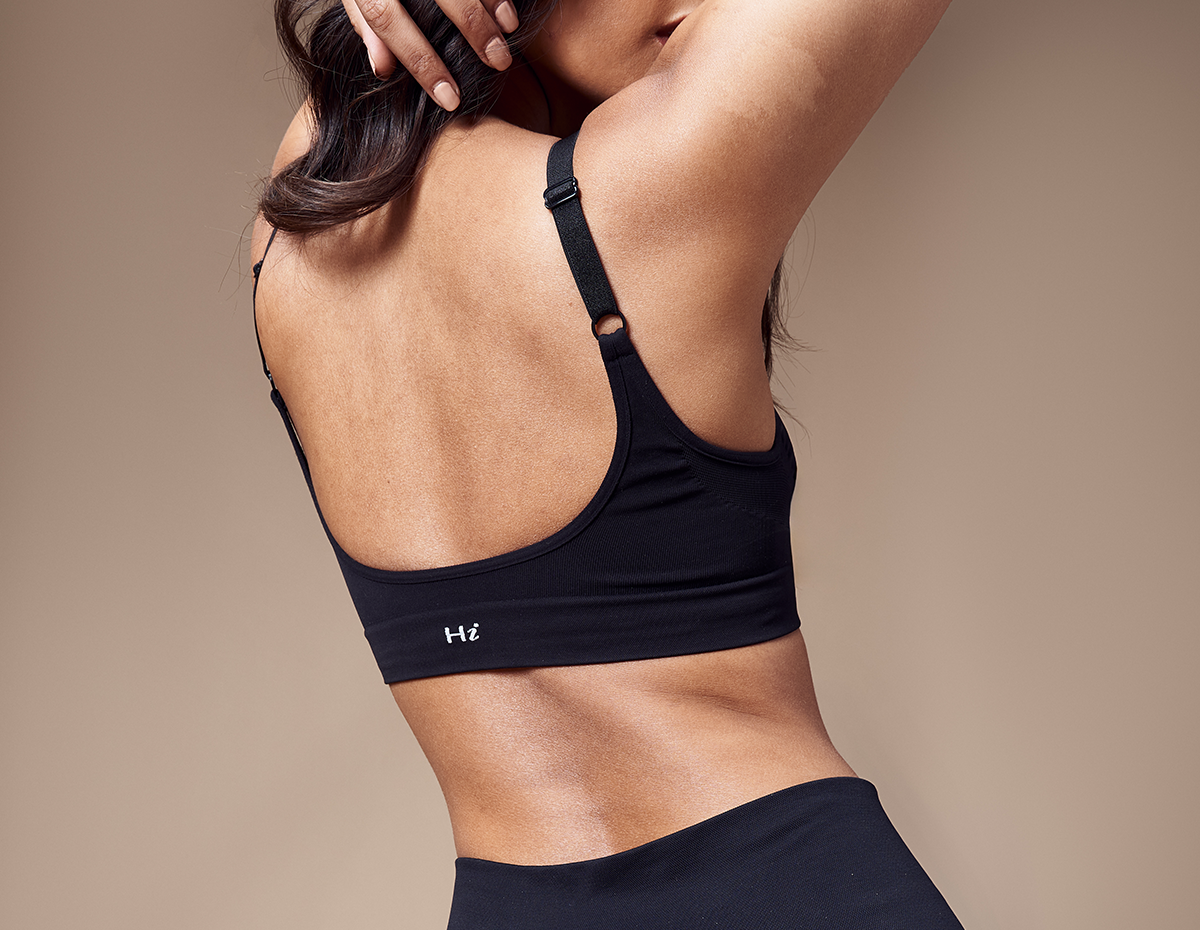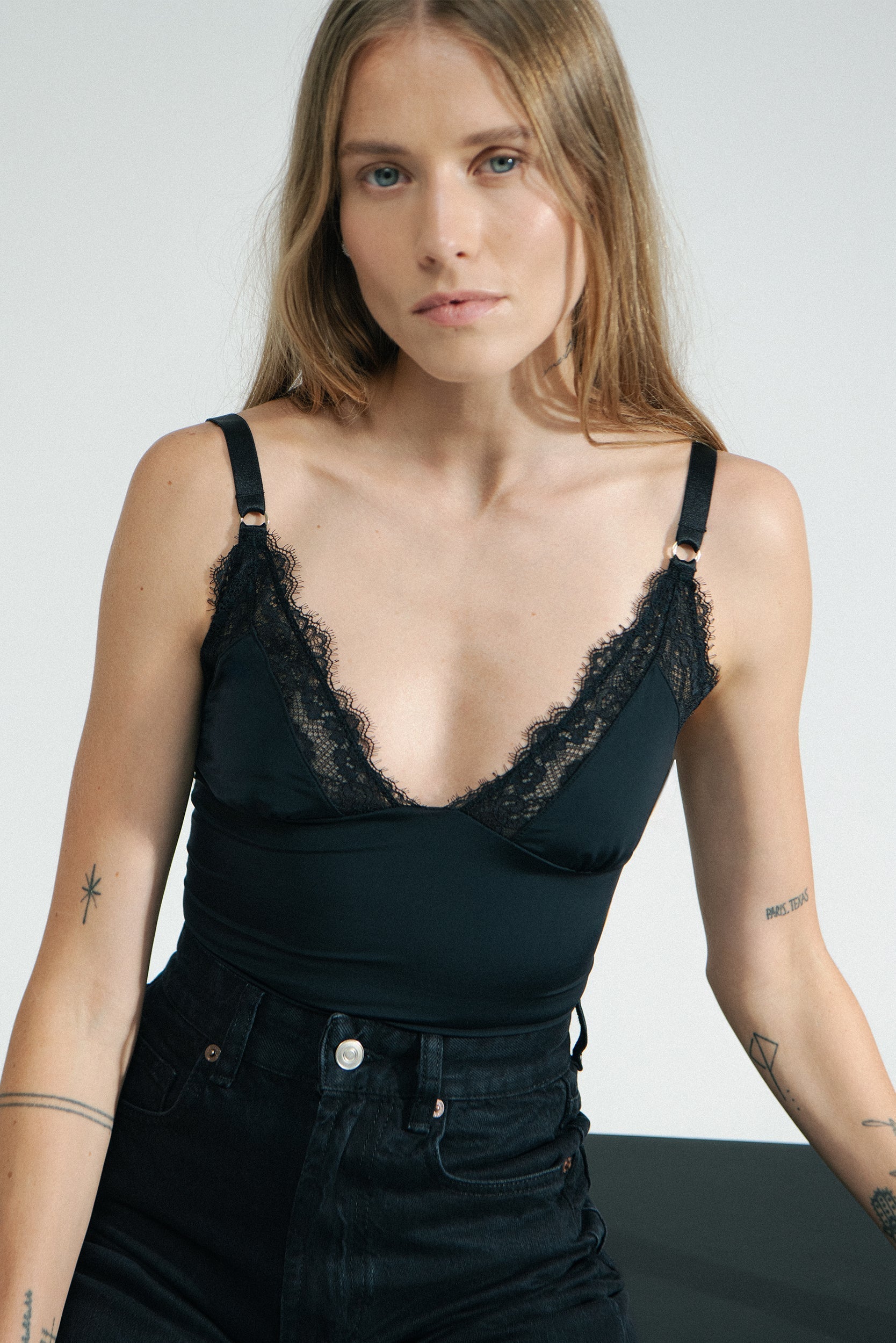You might have noticed: shapewear’s been in the news.
There’s been a lot of hate for this specific category of underwear in recent weeks, as it’s seen as one of the last remaining inhibitors of female progress.
One of the pieces that caught our attention was written by The Guardian’s Phoebe-Jane Boyd, who remarked:
'A kinder world for women is made a more realistic prospect in magazines, papers, TV and film every day - we can see it happening. Too slowly, but at least we are getting there. And we want to get there as quickly as we can, with no restrictions - especially not physical ones. If only [shapewear brands] would realise that reinforcing and making money from our restriction is the real obstacle.'
We agree. But we don’t think the issue is shapewear.
The real restriction is women not being free to dress however they want – and that includes wearing shapewear without being shamed.
The clear obstacle in traditional shapewear is the inadequacy of the products on offer.
We can’t – and don’t – ignore the symbolism of a garment directly descended from the corset, nor the fact that shapewear firmly belongs in a category of products that has, to date, preyed on our insecurities. Shapewear only exists because we've been socially conditioned to believe our bodies are only adequate (never mind beautiful) if all of our curves are cinched and our stomachs flattened, with every last piece of flesh sitting in an "acceptable" place.
Societal pressures being what they are, the fact remains that many women choose to wear shapewear, exercising agency over their own lives and bodies. Rachel Arthur from The Current Daily went a step further during our panel discussion Is shapewear anti-feminist? in November 2018, saying, 'I think shapewear is a feminist statement – it’s about having choice.'
And yet, it is perhaps one of the last remaining items in a broader category of female-specific products that are branded anti-feminist by virtue of their very existence. As our founder Toby put it during the panel discussion, ‘[Shapewear is] the last sector where it’s reasonable to denigrate someone for wanting to change their appearance. Nobody asks, “Why are you wearing make-up?”’

Let’s talk about make-up. The rise of feminism in the 1960s saw many women begin to reject it as one of many restrictions imposed on them, and it wasn’t so long ago that women calling out other women for wearing too much (or too little) of it was not only uncommon, but also a relatively acceptable thing to do.
However, in the last 15 years we have reclaimed the category to the extent that wearing, or not wearing make-up is accepted as a natural exercise in personal choice and self-expression. And exercising that choice is now easier than ever, thanks to make-up that is actually safe to use (unlike its lead- and arsenic-based 16th century counterparts) and the democratisation of products and branding.
Why, then, is shapewear-shaming so prevalent? Isn’t it about time shapewear was afforded the same opportunity as make-up, to be transformed into a product that is fit for purpose and symbolic of the wearer’s freedom of choice?
Admittedly, there is a problem with traditional shapewear: having the freedom of choice to wear it does not always make the act of wearing it a comfortable one. In order to allow those women who choose to wear shapewear to be happy in their choice, we need to make sure they have access to something better (and safer) than the modern-day corsetry on offer.
Bottom line: we agree with Phoebe. But we also know that shapewear doesn't have to hold women back; that what has been historically viewed as emotionally and physically restrictive has the potential to be transformed into something liberating.
So, this is where we stand: we support the women who choose to wear shapewear, and devote ourselves to making it (and the rest of their underwear) better.
What do you think? Is shapewear anti-feminist? Have you ever been shapewear-shamed? Email your thoughts in to our Customer Collective, or tell us what you think using #HeistTalk.
